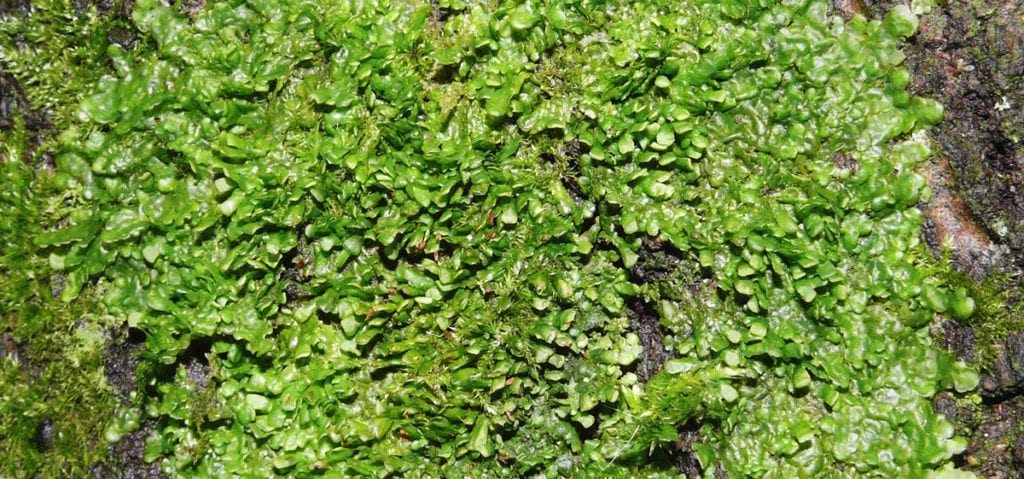A moss-like plant known as Radula perrottetii, or Liverwort, has been shown to contain a chemical that behaves in the mammalian brain much like THC, according to a Scientific American report.
The chemical, known as perrottetinene (PET), was first discovered by Japanese researcher Yoshinori Asakawa in 1994. The chemical was noted for its structural similarity to THC; however, until recently, no research into its effects on mammals had been done.
Concentrations and potency of PET in the Radula plant are low. Researchers from Switzerland have now isolated and synthesized the chemical, however, which allowed them to study its effects in higher concentrations. They checked the chemical effects on cells in vitro as well as in behavioral tests on mice. They found that PET seems to behave almost exactly like THC, with one effect that is perhaps even more medicinally powerful.
PET seems to be less psychoactive as a whole when compared to THC but, in inflammation pathways in mouse brains, researchers discovered that PET has much stronger effects than THC. Specifically, PET seems to reduce the number of molecules called prostaglandins.
“These prostaglandins are involved in many processes (such as) memory loss, neuroinflammation, hair loss and vasoconstriction. PET is highly interesting for medicinal applications, as we can expect fewer adverse effects while still having pharmacologically important effects.” — Michael Schafroth, one of the study authors
Some have attempted to use Liverwort recreationally but its effectiveness appears limited due to low potency. There is some evidence of historical medicinal use by the Maori people of New Zealand but no in-depth research has been done on traditional uses of the plant.
The low potency may indicate PET is an ideal chemical for synthesizing into a pharmacological drug, instead of consuming it as a whole plant, though more research is needed. Researchers on the team that published the recent study indicate the next step is testing it directly on inflammatory neural conditions such as multiple sclerosis.
Get daily cannabis business news updates. Subscribe
End



